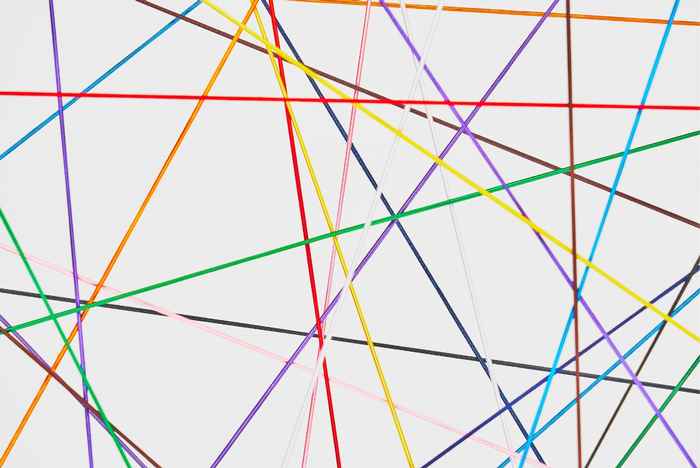Forms of (More Than) Human Relationality
27 February 2023

The rejection of traditional forms of dualistic thinking has led to a turn to relationality in the humanities, giving rise to new ontologies that move beyond the subject-object distinction (e.g.: Haraway; Tsing; Barad; Latour; Braidotti; Morton). Critical scholars and artists have emphasized relationality as an alternative way to reconceptualize and visualize various forms of connectedness to the world and to (more than) human forms of life. However, “relationality”, as Judith Butler has recently reminded us in The Force of Non-violence, “is not by itself a good thing, a sign of connectedness, an ethical norm to be posited over and against destruction: rather, relationality is a vexed and ambivalent field in which the question of ethical obligation has to be worked out in light of a persistent and constitutive destructive potential.” An investment in different forms of relationality, be they artistic, social, or ecological in nature, is not an end in itself – it can, as some have argued, even reinforce the hegemonic and exclusionary concept of the human (Rangan). Many valuable perspectives emerged as responses to the call for ethico-political examination of relationality, and they have explored non-violence, willfulness, care, wholeness, opacity, and ambiguity in light of relationality, to name a few (Butler; Puig de la Bellacasa; Moiloa; Glissant; Fuery). Keeping in mind these perspectives, we might ask: How can we evaluate the potential of ethico-political accounts grounded in relational ontologies or frameworks? This ASCA workshop encourages participants to explore the broader theme of “relationality” as an aesthetic, ethical or political response to the present moment defined by multiple forms of precarity. Accordingly, we invite participants to attend to both the destructive and sustainable relationalities lived and imagined among (more than) human forms of life. Our aim is to encourage relational thinking that expands critical, artistic, and political horizons and provides a more complex account of the constitutive inter- and intra-relationality that binds things, humans, and non-humans to the world and to each other. We invite broad inquiries that question the ethico-political signification of relationality from artistic, social, and ecological perspectives – on a conceptual level as well as a form of methodology and practice.
Possible questions and lines of inquiry might include:
- How can relational frameworks help imagine new ethical connections to humans and/or non-humans without overlooking destructive or violent aspects of relationality?
- What kind of ecological ethico-political commitments emerge from a relational ontology (thinking in terms of network, assemblage, kinship)?
- How does aesthetics mediate relationality?
- What kind of ethical relations are enabled/obstructed by a certain aesthetics?
- How do transparency or opacity as modes of representation affect aesthetic mediation of relationality?
- How do cultural objects and artistic practices enact relationality?
- How does relationality inform different ways of organizing, including (initiating) infrastructures?
- How can relationality be thought through and enacted across opposing (geo)political paradigms and contexts?
- How can a relational framework help understand different forms of ethnic and racial embodiment?
- In what ways can relationality be a method for connecting, e.g. between the “Global North” and the “Global South,” in sensitive, non-hierarchal, and complex modes that bypass the representational ethos resulting in the simplification/decontextualization/reappropriation of origins and “sources” for the use of the more powerful?
Confirmed keynotes
Pooja Rangan (Amherst College)
Kathrin Thiele (Utrecht University)
Patricia MacCormack (ARU Cambridge)
General information
ASCA Workshop 2023 is a three-day in-person event taking place in Amsterdam, Netherlands (within the “Universiteitskwartier”). Please note that we cannot accommodate virtual presentations.
How to apply?
We welcome individual applications in the form of academic and artistic research. Please submit a 300-word abstract and a short bio. Presentations should be up to 20 minutes in length. If you are considering a different presentation format, please get in touch with us and we will do our best to accommodate your request.
Events such as workshops, roundtables or seminars are also welcome. Please submit a 300-word abstract, 5 keywords, a short bibliography, and a short bio.
All applications should be submitted by March 31, 2023 to ascaworkshop2023@gmail.com. We will notify the applicants about selection by April 14, 2023.
Attendance
There are no registration fees. Conference attendance is free of charge for presenters and for general public. We cannot offer reimbursement for travel and accommodation for the participants; however, if your circumstances prevent you from joining the conference, please write us an e-mail explaining your situation.